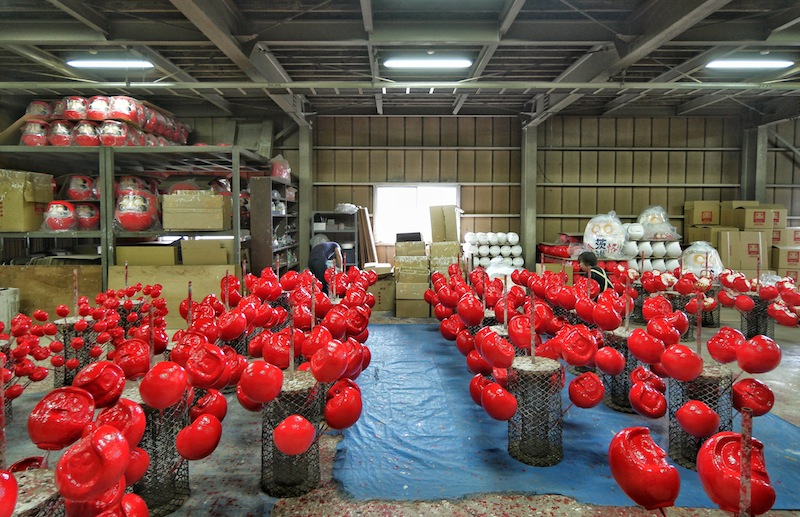 |
| The beautiful Prambanan video mapping, photo by Setiyoko Agus |
It's not my first time to Prambanan, and I'm sure
it's not the last also.
Setiap destinasi
selalu memberikan pengalaman baru, menyaksikan dan merasakan sensasi berbeda
dari destinasi yang sudah pernah kita kunjungi selalu mengasikkan. Begitu pula
dengan kunjungan saya di bulan Oktober 2016 ini, "it's a whole different view for sure," ujar saya dalam hati
saat mendengar bahwa Epson dan Sembilan Matahari akan menggelar video mapping,
di Prambanan!
Each destination always
provides a new experience, seeing and feeling different sensations of
destinations we've visited are always exciting. So it is with my visit in
October 2016, "it's a whole different view for sure," I said in my
heart when I heard that Epson and Sembilan Matahari will hold a video mapping,
in Prambanan!
Kompleks candi yang dibangun pada abad ke-9 Masehi ini memiliki tiga candi utama yang didedikasikan untuk tiga dewa utama dalam agama Hindu: Brahma, Wishnu dan Siwa. Tiga candi utama inilah yang menjadi "kanvas" proyeksi video.
The temple complex that was
built in the 9th century AD has three main temples dedicated to the three main
gods in Hinduism: Brahma, Vishnu and Shiva. These three main temple became the
"canvas" of the video projection.
 |
| Playing with the projector :) |
 |
| Sefiin also "painted" |
Tidak mudah untuk
menyiapkan video mapping di candi yang begitu besar dan masif, bahkan ini
adalah video mapping di candi yang pertama di dunia. Setidaknya ada 20
proyektor, termasuk satu proyektor Epson berkekuatan 25.000 lumens untuk
"melukis" candi di malam hari.
It's not easy to prepare
video mapping in a temple that is so big and massive, and this is even the very
first temple video mapping in the world. At least 20 projectors were used,
including one 25,000 lumens Epson's projector to "paint" the temple
in the evening.
 |
| Video mapping test before the show |
Kami tiba di area
panggung Ramayana Ballet di Kompleks Candi Prambanan. Panggung ini adalah area
pertunjukkan teater Ramayana yang berlatar belakang Candi Prambanan. Kami duduk
menanti dimulainya pertunjukkan.
We arrived at the stage area
of Ramayana Ballet at Prambanan temple complex. This stage is the area of
Ramayana theater with the background of Prambanan Temple. We sat waiting for
the show to begin.
Video mapping
Prambanan ini menggambungkan show dari cahaya projector dengan teater di
panggung yang mengisahkan cerita rakyat mengenai terbentuknya candi, yaitu
kisah Roro Jonggrang dan Bandung Bondowoso. Yang menarik, cerita digabung
dengan elemen modern, ada anak-anak SD yang nakal, dan mendapatkan nasihat
untuk menjaga kelestarian candi.
This Prambanan video mapping
collaborates show of light projector with a theater stage which tells the
folklore of the formation of the temple, the story Roro Jonggrang and Bandung
Bondowoso. Interestingly, the story was combined with modern elements, there
were primary school children who were naughty and got advises to preserve the
temple.
 |
| Such a beautiful sight, photo by Setiyoko Agus |
Projector tidak
hanya mengarah ke candi, lantai panggung dan dinding belakang panggung pun
menjadi kanvas projector, menghasilkan efek yang menarik selama pertunjukkan.
Di masa klimaks cerita, Prambanan "dilukis" dengan cahaya projector,
dengan gurat garis modern, pola unik dan artistik yang menjadi begitu indah
berpadu dengan tekstur dan bentuk megah Prambanan.
The projector did not only
projects to the temple, but also to the stage floor and the back wall of the
stage which became a canvas projector, producing interesting effects during
performances. In the climax of the story, Prambanan was "painted"
with light projector, with modern lateral lines, unique and artistic patterns
which made it into lovely textures and shapes combined with the magnificent
Prambanan.
Tanpa terasa show
berakhir, kami harus meninggalkan kompleks candi. It was a great experience, I'm hoping there will be more video mapping
on Indonesia's countless heritage places.
Time passed fast and the show had ended, so we had to leave the temple complex. It was a great experience, I'm hoping there will be more video mapping on Indonesia's countless heritage places.
Time passed fast and the show had ended, so we had to leave the temple complex. It was a great experience, I'm hoping there will be more video mapping on Indonesia's countless heritage places.
@marischkaprue -
never mind visiting same destinations over and over again ;)
NOTES:
Thanks to:
Epson
Indonesia dan Sembilan Matahari for inviting me to this event
You can see the
whole video mapping here on youtube





















































